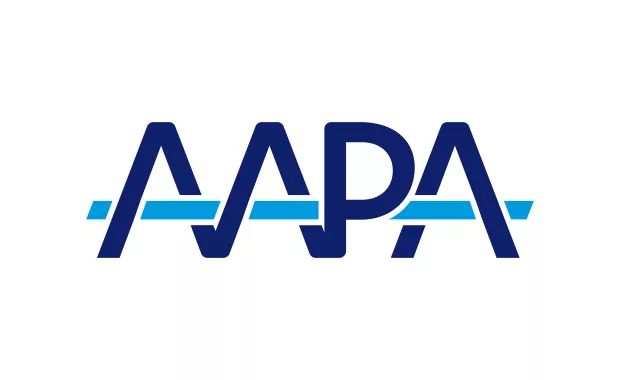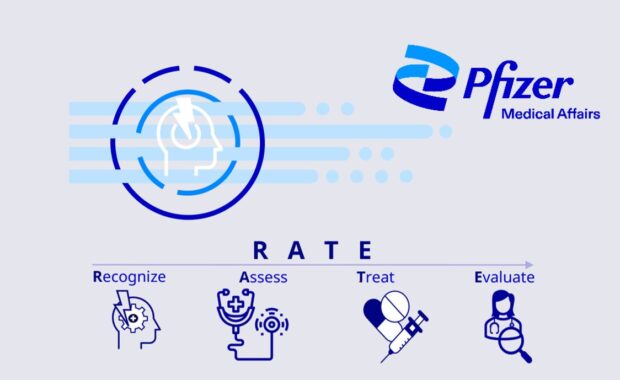5 Tips for Getting Into PA School
The PA profession is growing rapidly. It’s in demand, and it attracts a wide array of individuals with different backgrounds and healthcare experiences.
I first learned about the profession from a classmate while I was finishing my senior year in college as a biology major. A year later, I was enrolled in a program.
Here’s some advice on navigating the pre-PA school track based on my experience. There’s more to applying to PA school than you might think.
1. Prepare early
Find your program
Look into the programs you want to apply to as early as freshman year. You can access them through the Physician Assistant Education Association. Programs have very different requirements and cultures, and it’s important to strategize early if you’re planning to enter a program after your senior year in college.
Get clinical experience
Most PA programs require between 1,000-4,000 hours of “direct patient healthcare experience.” Some require paid clinical hours.
One way to get that experience is to start at a community college to gain a certificate. If you are interested in working in emergency medicine, try becoming an emergency room technician or emergency medical technician (“EMT”).
Want to go into surgery? You can learn the surgical instruments and the rules of the sterile field in the operating room as a surgical technician (“scrub tech”).
Keep up your GPA
Many top schools require a cumulative GPA of 3.0 to 4.0. While many admission factors differ, most have a GPA minimum. This speaks for itself: PA programs are competitive academically.
Develop a strong academic focus in your first two years and get a solid foundation in the sciences. This will allow an easy transition into the upper-level science courses. In addition, doing well in the early general education courses will help ensure a high cumulative GPA.
2. Get involved in extracurricular activities
Join your college’s pre-PA organization or start one—or better yet: become an officer.
3. Choose your undergrad classes wisely
Required courses vary from program to program, but take medical terminology whether or not it is a requirement.
Also, in PA school, the most rigorous classes in the first year are human anatomy, pathophysiology and pharmacology, so put yourself ahead of the curve by trying to take an undergraduate equivalent of each.
In addition, collegiate science classes build upon each other and tend to become more difficult throughout the class sequences (i.e., General Chemistry I to General Chemistry II).
Don’t take a summer break between science course sequences, either. You’ll forget too much information. For instance, if you take General Chemistry I in the spring, try to finish General Chemistry II in the summer as opposed to waiting until the upcoming fall semester.
Bonus tip: General Chemistry is a notorious “weed out” course. If you don’t have a strong chemistry background, look into introductory chemistry courses for your first semester. The journey is not a race.
4. Work in the summer
If you aren’t busy satisfying your patient contact hours in the summertime, here are other options to get experience.
Do some research
Most medical schools, as well as the National Institute of Health, have summer research programs for undergraduates. The trick is to apply early in the spring semester because they have early deadlines. Research experience will impress any type of graduate school.
Bonus tip: If you have the choice, opt for your own project as opposed to an isolated role on a large established project. With your own project, you are able to see it from start to finish, gaining experience at every level of investigation.
Take some medical mission trips
Medical mission trips are a way for healthcare providers to give back to some of the most underserved communities around the world. During these trips, providers offer volunteer medical services to patients who typically do not have access to healthcare. Besides interacting with patients, you are able to see how medicine is practiced around the world.
Some organizations will allow you to volunteer as a student. A group of pre-health students and I went on a mission through the Foundation for International Medical Relief of Children during the summer of my junior year. I volunteered for a week in a rural clinic in Costa Rica, which served Nicaraguan refugees.
Be a medical or ER scribe
Hands down, working as a medical or emergency room scribe is an outstanding pre-PA job that many of my colleagues did. It will prepare you well for what you will do in PA school. You will be present for medical interviewing and then aid in medical charting. Thus, you become familiar with medical terminology and writing patient history and physicals.
5. Find mentors
Mentors move mountains and will open doors for you throughout each stage of your career. I have several experiences that were made possible because of support from mentors. People who could be your mentor include a professor, faculty advisor, summer research investigator, clinician you shadowed or an officer of a student organization who can offer advice.
Bonus tip: Start a LinkedIn account as a student and connect to your mentors.
Kimberly Mackey, MPAS, PA-C is a recent graduate of The University of Texas Medical Branch PA program. She practices in orthopaedic surgery at UTHealth in Houston, TX. You can connect with her via twitter @kimmackeyPA, LinkedIn or email [email protected].
See also:
- A Day in the Life of PA in Orthopaedic Surgery by Kimberly Mackey
- 10 Tips for Your Clinical Year by John “JJ” Jenkins
This article was originally published on June 25, 2014.
Thank you for reading AAPA’s News Central
You have 2 articles left this month. Create a free account to read more stories, or become a member for more access to exclusive benefits! Already have an account? Log in.




